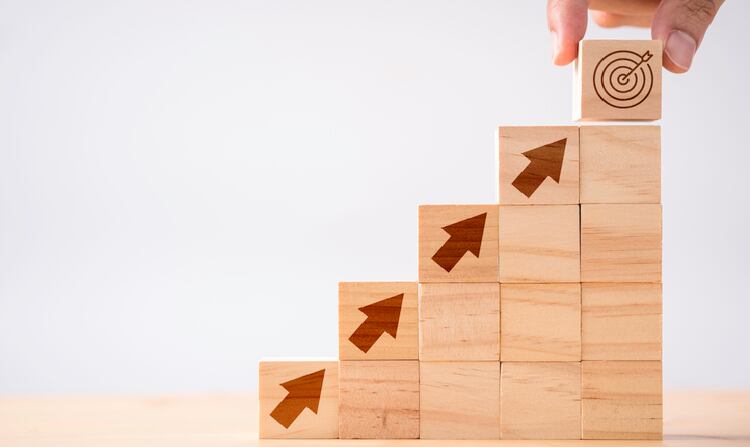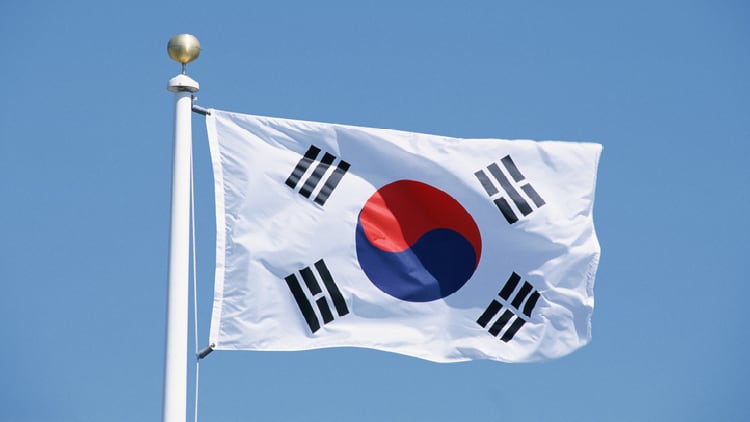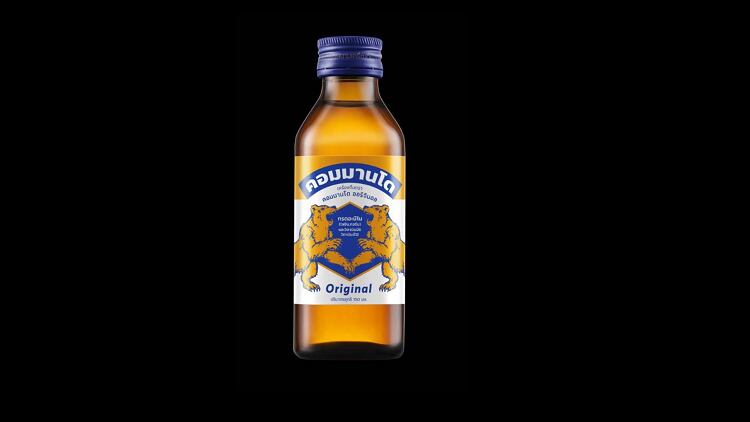The company, founded by Han-Gill Park in June 2009, is currently present across Asia, North and South America, as well as Russia.
Its latest market opening in Asia was in India, Gurugram last November, as well as China, Yantai last July. Colombia was also another market that it ventured into last year.
The company also sells skincare, snacks, and launched meal replacement products late last year.
Due to COVID-19, there has been a higher uptake of supplements, while that of skincare has dipped, Wendy Lee, managing director of Atomy Singapore told NutraIngredients-Asia.
Lee said that last year, the company's top-three best-selling supplements were vitamin C powder, probiotics, and flagship product HemoHIM.
The very first product on the company’s portfolio, HemoHim contains immunomodulating herbs, namely Angelica gigas Nakai, Cnidium officinale Makino, and Paeonia japonica Miyabe.
It was developed by the Korea Atomic Energy Research Institute (KAERI) as part of a government project in 1997, exclusively for the researchers working in KAERI.
It was eventually commercialised and sold by Atomy. Other supplements that the company sells include eye lutein, red ginseng, and omega 3.
Most of the company’s products are made in South Korea, although the company also partners with local brands in different parts of the world in distributing their products.
This year, the company is expecting a sales growth of 20 to 40 per cent in Asia. This is to continue the momentum from last year, where revenue from the overseas business was up by nearly 40 per cent.
Taiwan, the US, Malaysia, Russia, and Singapore were its top five biggest market last year.
It is set to enter the New Zealand market in March. It is also preparing to enter the Turkish and the UK markets.
A look into Singapore
In Singapore, where Lee is based, the revenue has nearly doubled in the past five years.
Its first South East Asian market, the company started out in Singapore with 50 SKUs and about 1,500 members in 2015, with a monthly sale of between SGD$200k (US$150k) and SGD$300k (US$226k).
Last year, it hit a full year sales revenue of SGD$50m (US$37m) with 206,000 members.
“We have achieved 30 per cent to 40 per cent growth year-on-year in Singapore since we started in 2015. This may be attributed to the fact that we are a Korean brand and also, a possible reflection of Singaporean's high purchasing power," said Lee.
As part of its strategies, the company has opened 11 lifestyle centres across the country, where it allows customers to collect their products, try out products, and also serves as a product training centre.
This year, the company plans to open another four to six lifestyle centres, which will be located in the heartlands.
“Our target is to have 350k members, with SGD$100m (US$75m) achieved for this year,” she said.
Targeting younger consumers
The company will be launching a collagen drink to target the younger segment of the population.
Lee said that 80 percent of the firm’s customers are females and most of them were in their mid-30s to 50s.
To widen its reach, it will be launching a collagen drink and skincare ampoule product currently sold in South Korea into the Singapore market. The aim is to target females in their 20s to early 30s.




